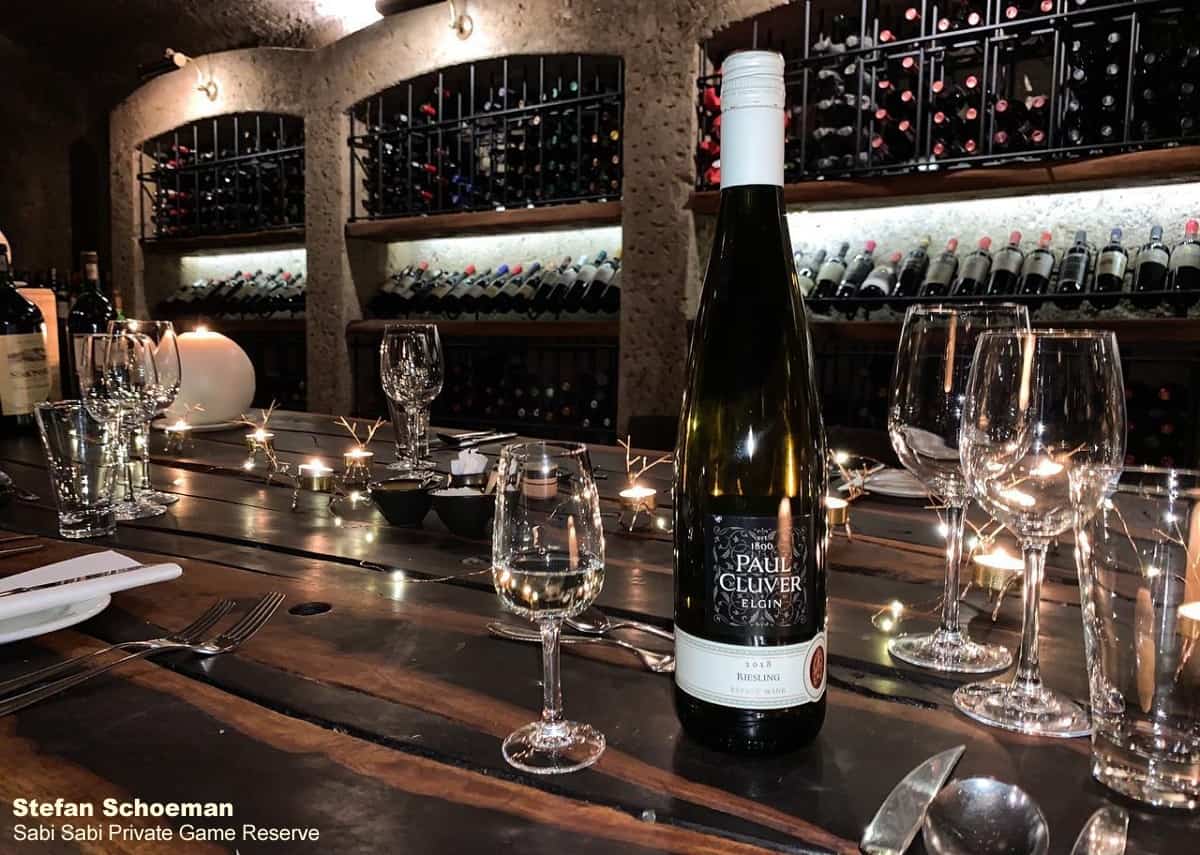Paul Cluver Riesling
on Nov 26, 2020Producing world class wines requires a team effort, far greater than just the Clüver family. As a family business our goal is to guide the team and ensure that we adhere to the values that has helped us to be successful for more than 100 years.” – Paul Clüver Jnr
Mission statement of Paul Cluver IV (Jnr) Managing Director of Cluver wines. The farm De Rust within the Elgin Valley is a fourth-generation farm actively being farmed for over 120 years. Cluver wines pioneered the wine growing industry within the now well-established and world-renowned wine region of Elgin.
Community as well as environmentally driven, this is a team of close-knit visionaries, led by Paul Snr, retired neurosurgeon; mother Songvei Cluver, and four of their five children.
A unique and special wine cultivated and produced in this area is the Paul Cluver Riesling. Hailing from German descent, it is absolutely no surprise that this wine features first in their selection of wines.
This is a very difficult grape to grow outside of Germany. Requiring very specific conditions to grow and flourish, it is most definitely not an easy task. Due to this, Riesling is absent from most of the core wine producing countries unlike more commonly known “household names” such as Cabernet, Merlot and Chardonnay. With a smaller fan base than the previously mentioned, does not mean there is less passion.
Riesling is a light skinned grape with its origins in Germany. The Riesling grape can produce a wide variety and styles of wine. Some of the world’s best sweet wines are produce from Riesling. The larger majority of Riesling wines however are off dry or dry.
The Elgin Valley suits the specific growing conditions of Riesling down to a tee. The Elgin Valley ticks every box. Shale rich soils with good drainage, cold winters, moderate summers and a gentle breeze from the Atlantic, make sure vineyard temperatures remain consistent.
In the glass, pale in colour with a slight green apple tint. On the nose, green apple, fynbos and honey. On the palate, citrus, predominantly lemon with a well-balanced acidity.
In true German tradition, what better pairing than pork. Oven roasted pork belly, apple purée, red cabbage and mustard mash. The saltiness of the pork, sweetness of the apple purée and the acidity of the red wine vinegar in the cabbage matched beautifully with the citrus and green apple in the wine.







